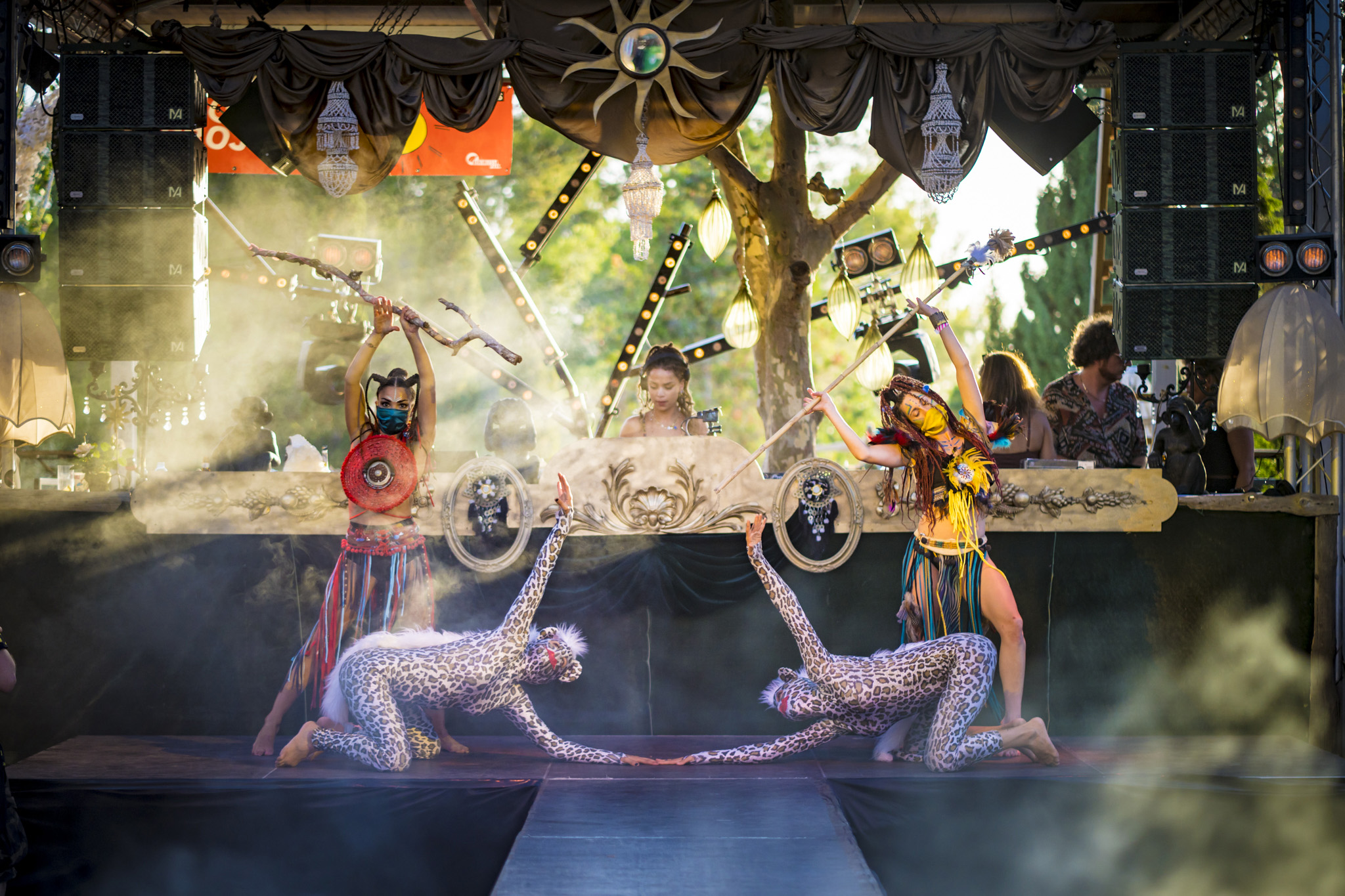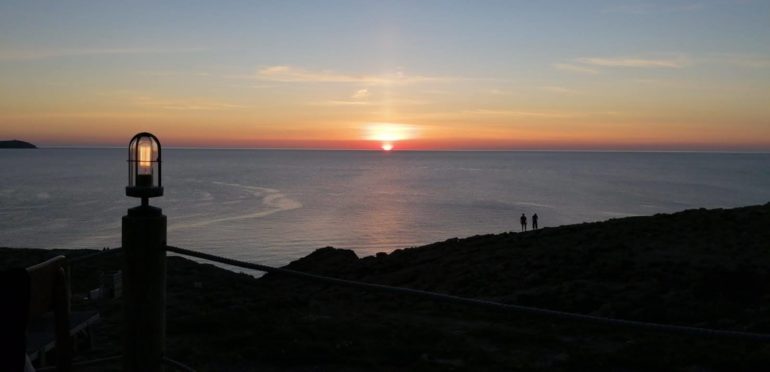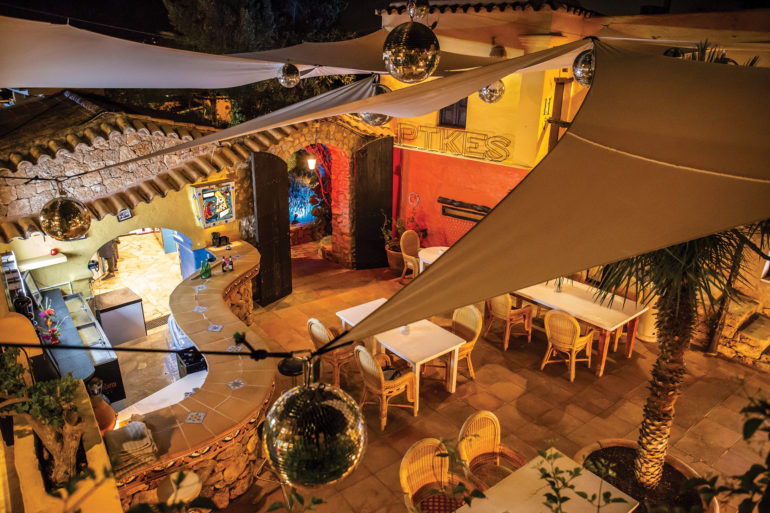The sun is shining as we zip through the Ibizan countryside. The forested hills, spotted with white villas, pulse with the sound of deep house. Sadly, the only party happening right now is the one in our car, with a radio show as the soundtrack. The bassline hums as local DJ, Elia Alquimia, drives us above the salt flats of Las Salinas, just as the watercolour washes of the sunset deepen.
When we’re 200 metres above sea level, we pull up to take in the view. Even though we’re in a secluded spot, the music from our radio draws in a passer-by, who briefly joins us. Irene is a nurse from Valencia. She moved to Ibiza for the first time a month ago from Madagascar. “Anywhere you go in the world, people will always say ‘things were better before’, but I think I’ve found my own Ibiza,” she says.
“In Spain, we say ‘la Isla o te acoge o te rechace’ — which means the ‘island will either accept you or spit you out’.” She feels “lucky” that there are jobs for medical professionals here right now. “Ibiza has been giving me gifts since I arrived. I didn’t expect to meet you guys, yet here we are, enjoying this amazing view with beautiful music.”
Elsewhere on the White Isle, that lucky feeling ebbs away. Like party capitals everywhere, Ibiza is facing a crisis due to the COVID-19 pandemic. Frequent restriction changes, extortionate fines and bans on dancing, parties and smoking have affected the music and hospitality industries here. According to Spain’s Office of National Statistics, there are currently 11,492 people registered unemployed in Ibiza. In 2018, that figure was 6,927.





Post comments (0)